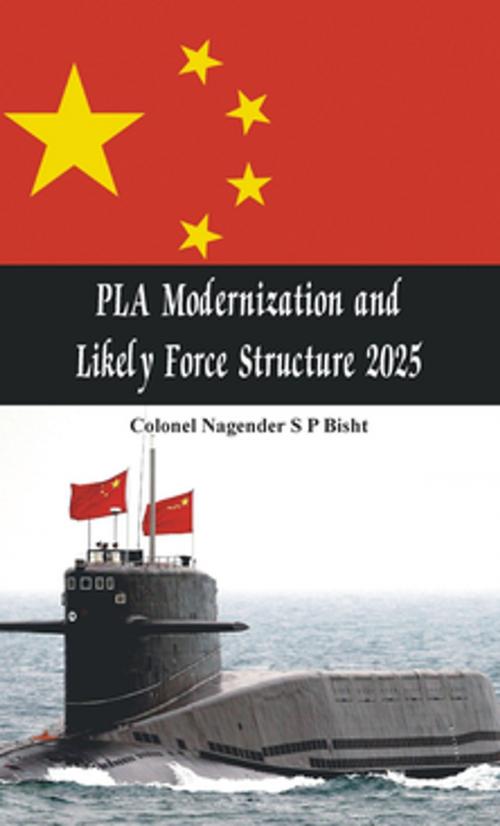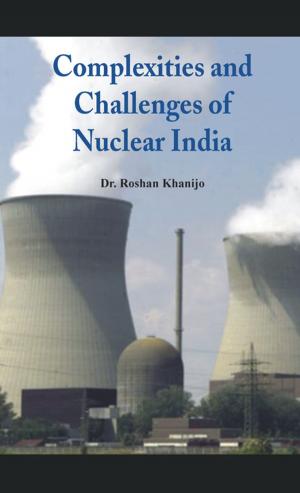PLA Modernisation and Likely Force Structure 2025
Nonfiction, Social & Cultural Studies, Political Science, International, International Security, Politics, History & Theory| Author: | Nagender SP Bisht | ISBN: | 9789384464516 |
| Publisher: | VIJ Books (India) PVT Ltd | Publication: | February 1, 2015 |
| Imprint: | VIJ Books (India) Pty Ltd | Language: | English |
| Author: | Nagender SP Bisht |
| ISBN: | 9789384464516 |
| Publisher: | VIJ Books (India) PVT Ltd |
| Publication: | February 1, 2015 |
| Imprint: | VIJ Books (India) Pty Ltd |
| Language: | English |
China is modernizing her military very rapidly and as her economy strengthens, the pace of military modernization is going to touch higher trajectories. This modernization would impact and alter the existing strategic environment in the world. In the region the impact will be more profound and will force her neighbors to rework their own military modernization programs, war fighting doctrines and their present position on relations with China and other regional powers and the US. Today, in addition to issues relating to human resource development, the biggest impediment is the availability of technology to develop new modern weapon systems and equipment. Will the drivers and trends of Chinese military modernization continue to be same or will there be changes? How will the modernization impact the PLA behavior, especially in its neighborhood? How will the neighbors react to this stupendous pace of militarization in the East Asia? What will be the role of Japan, Vietnam, India, Russia and US? How will china's restive periphery and PLA respond to the spread of Islamic fundamentalism? To correctly appreciate these changes, an in-depth understanding of Chinese military modernization is essential. This book is an effort in this direction and attempts to find some answers to the questions posed. The trends of modernization of the four services of the PLA have been analyzed and a capability suggested that the PLA is likely to have by 2025.
China is modernizing her military very rapidly and as her economy strengthens, the pace of military modernization is going to touch higher trajectories. This modernization would impact and alter the existing strategic environment in the world. In the region the impact will be more profound and will force her neighbors to rework their own military modernization programs, war fighting doctrines and their present position on relations with China and other regional powers and the US. Today, in addition to issues relating to human resource development, the biggest impediment is the availability of technology to develop new modern weapon systems and equipment. Will the drivers and trends of Chinese military modernization continue to be same or will there be changes? How will the modernization impact the PLA behavior, especially in its neighborhood? How will the neighbors react to this stupendous pace of militarization in the East Asia? What will be the role of Japan, Vietnam, India, Russia and US? How will china's restive periphery and PLA respond to the spread of Islamic fundamentalism? To correctly appreciate these changes, an in-depth understanding of Chinese military modernization is essential. This book is an effort in this direction and attempts to find some answers to the questions posed. The trends of modernization of the four services of the PLA have been analyzed and a capability suggested that the PLA is likely to have by 2025.















